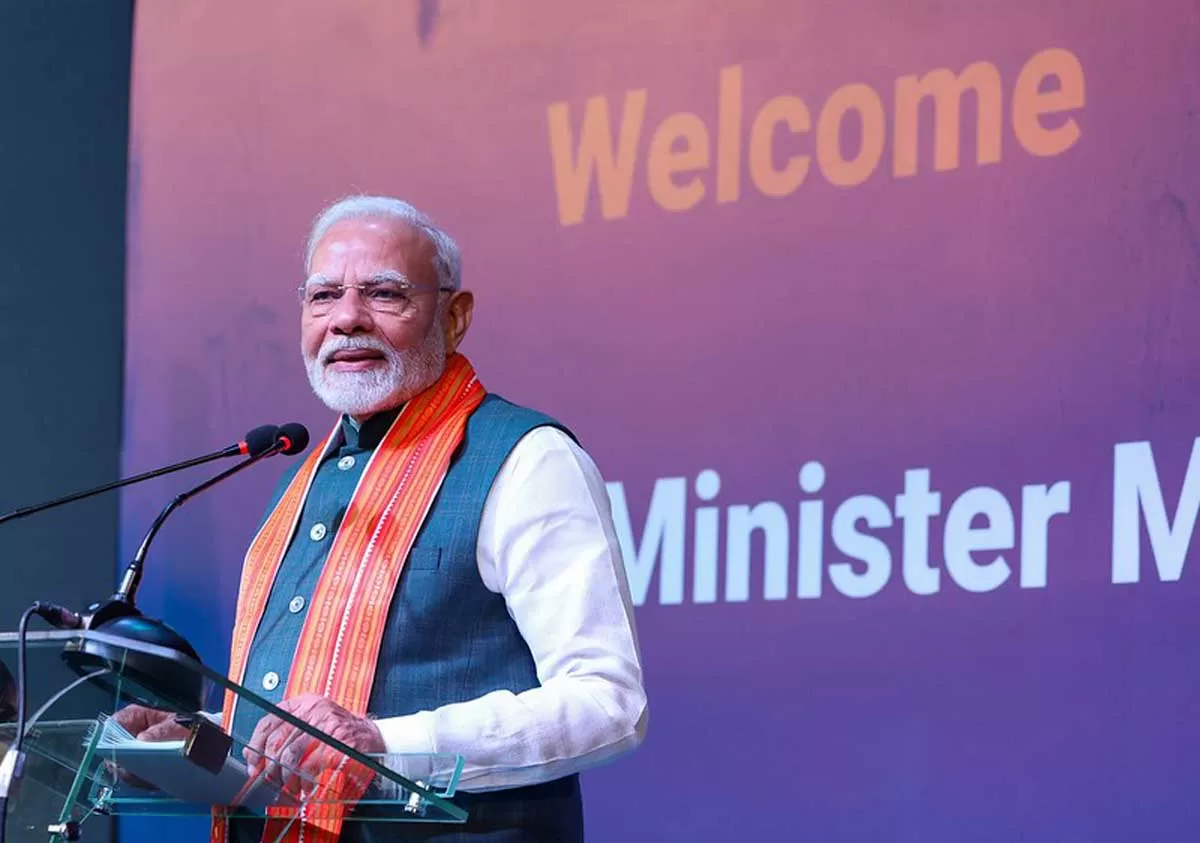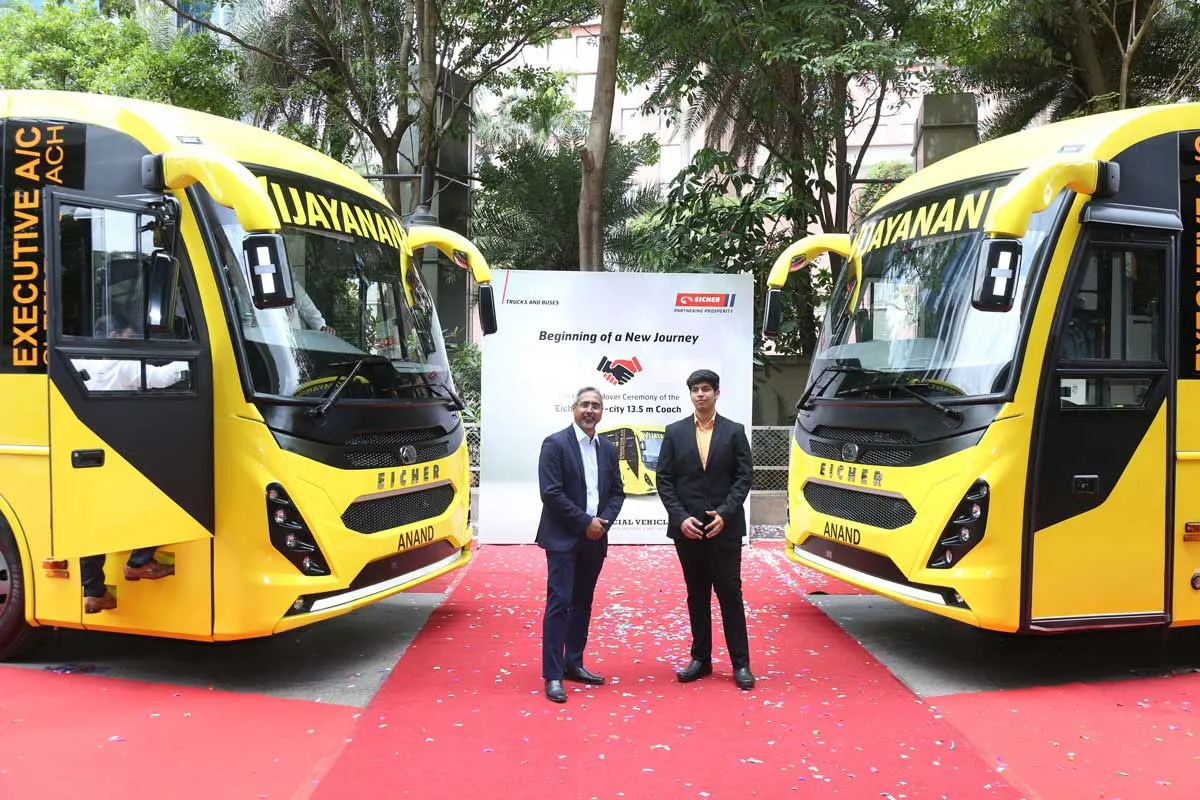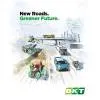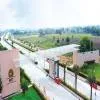
Cabinet Approves Caste Enumeration in Upcoming Census

Eicher Delivers First 13.5 m Electric Intercity Sleeper Bus
Eicher Trucks & Buses, a business unit of VE Commercial Vehicles Ltd., has recently delivered its first 13.5 m electric intercity sleeper bus, marking a key milestone in India’s long-distance electric mobility segment. The first bus is being operated by LeafyBus, with plans to deploy 35 buses by March 2026 across high-demand intercity corridors in North India.The initial deployment will cover routes such as Delhi–Dehradun and Delhi–Lucknow, supporting LeafyBus’ expansion across environmentally sensitive and high-density travel corridors.Commenting on the partnership, Suresh Che..

BKT Unveils FY25 Sustainability Report, ‘New Roads. Greener Future’
Balkrishna Industries (BKT) has released its sustainability report for FY 2024–25 titled New Roads. Greener Future, outlining progress across environmental stewardship, circular manufacturing and workforce development, as the company strengthens its long-term ESG framework.During FY25, BKT reported increased use of renewable and recycled inputs, deploying over 106,000 metric tonnes of renewable materials in primary products. Circularity remained central, supported by vertically integrated carbon black manufacturing and higher adoption of recycled raw materials, resulting in 98.17 per cent of..

Sources Unlimited Introduces CoeLux High Tech 25 Mini
Sources Unlimited has introduced CoeLux High Tech 25 Mini, an advanced lighting system designed to recreate the visual and emotional experience of natural sunlight and open skies within interior spaces.Designed to resemble a skylight seamlessly integrated into architecture, the compact system emits a soft, diffused vertical beam that mirrors the depth, colour and clarity of real daylight. The illumination creates the illusion of opened ceilings and enhanced spatial volume, while subtly washing surfaces below to highlight textures, furniture and interior detailing. Scaled for small to medium-si..

















